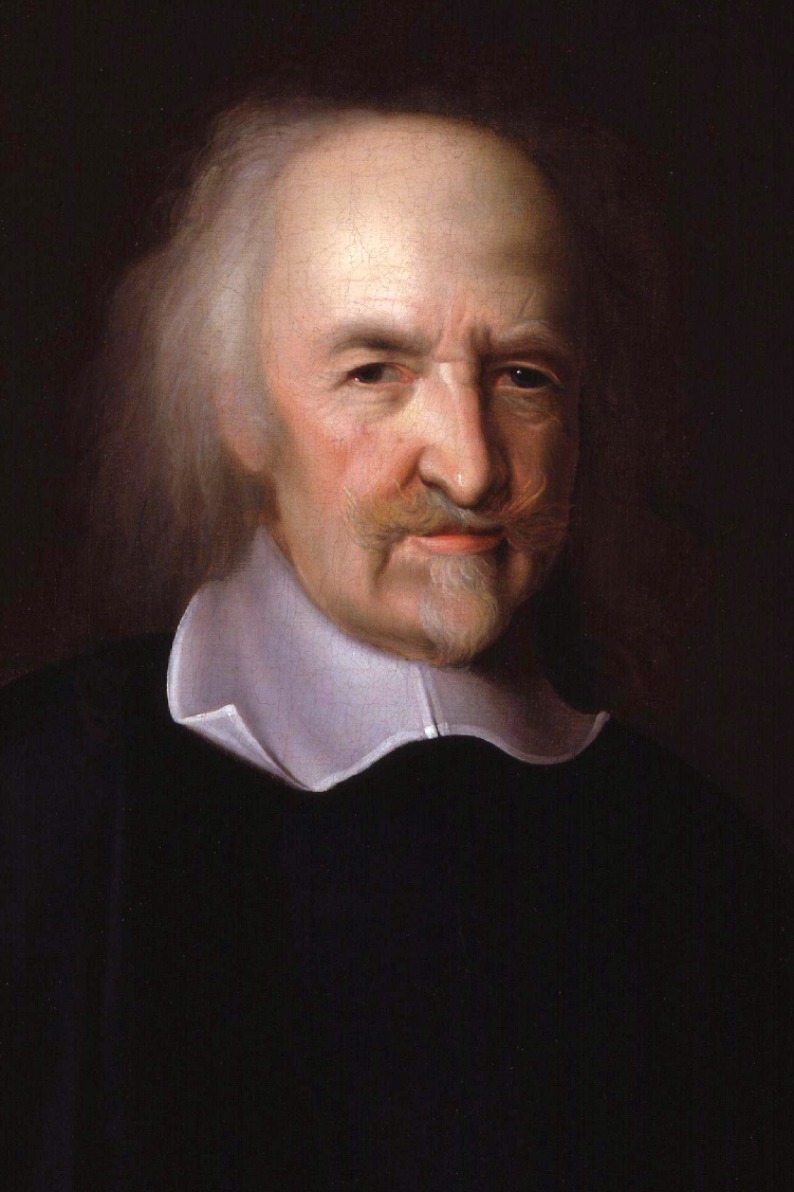
Personal info
Known for
Ultimate Talent
Gender
Male
Birthday
05 April
Location
England, United Kingdom
Edit pageThomas Hobbes
Biography
Thomas Hobbes was an English philosopher, political theorist, and writer best known for his work “Leviathan” (1651), in which he laid the foundations for modern political philosophy. Living through a time of civil war and unrest, Hobbes developed a vision of human nature and government that emphasized order, authority, and social stability as essential for peace. His ideas on the social contract and the nature of power continue to shape political thought today.
Early Life and Education
Thomas Hobbes was born on April 5, 1588, in Westport, Wiltshire, England. His early life was marked by instability — his father, a clergyman, abandoned the family after a dispute, leaving Hobbes to be raised by his uncle.
A gifted student, Hobbes attended Magdalen Hall, Oxford, where he studied classics and philosophy. He later became a tutor to the Cavendish family, a relationship that gave him access to political and intellectual circles across Europe. During his travels, he met leading thinkers such as Galileo Galilei and René Descartes, whose scientific methods influenced his philosophical approach.
Career and Major Works
Hobbes lived through the English Civil War (1642–1651), a period of intense political conflict between the monarchy and Parliament. Witnessing chaos and violence convinced him that strong centralized authority was necessary to prevent disorder.
His early writings, including “The Elements of Law” (1640) and “De Cive” (1642), explored human behavior and political organization. However, his masterpiece, “Leviathan” (1651), established him as one of the most important political philosophers in history.
In Leviathan, Hobbes described life in the absence of government — the “state of nature” — as a state of constant fear and competition, where life is “solitary, poor, nasty, brutish, and short.” To escape this anarchy, people, he argued, enter into a social contract, surrendering some of their freedoms to a ruler or government in exchange for security and order.
Hobbes believed that a powerful, absolute sovereign — whether a king or a governing body — was essential to maintain peace and prevent civil war. His view of human nature was deeply pragmatic: people are driven by self-interest, and only strong authority can restrain their destructive impulses.
Later Life and Death
After the publication of Leviathan, Hobbes faced criticism from both religious and political authorities. His materialistic and secular views of human nature and the state were controversial in deeply religious 17th-century England.
Despite this, Hobbes continued to write on philosophy, mathematics, and history. He spent his later years under the protection of the Cavendish family and died on December 4, 1679, at the age of 91.
Legacy
Thomas Hobbes is often regarded as the founder of modern political science. His use of reason and observation to analyze human behavior and government marked a major shift from the moral and religious frameworks of earlier thinkers.
While critics saw his support for absolute authority as harsh, others recognized his profound contribution to understanding the relationship between individuals and the state. His ideas on the social contract influenced later philosophers such as John Locke, Jean-Jacques Rousseau, and Immanuel Kant, and continue to inform debates about power, law, and human nature.
Conclusion
Thomas Hobbes offered a realistic and enduring view of politics — one grounded in human nature rather than idealism. By arguing that peace and stability depend on strong governance, he laid the groundwork for modern theories of state and sovereignty. His legacy endures as a reminder that freedom and order must be balanced for societies to thrive.